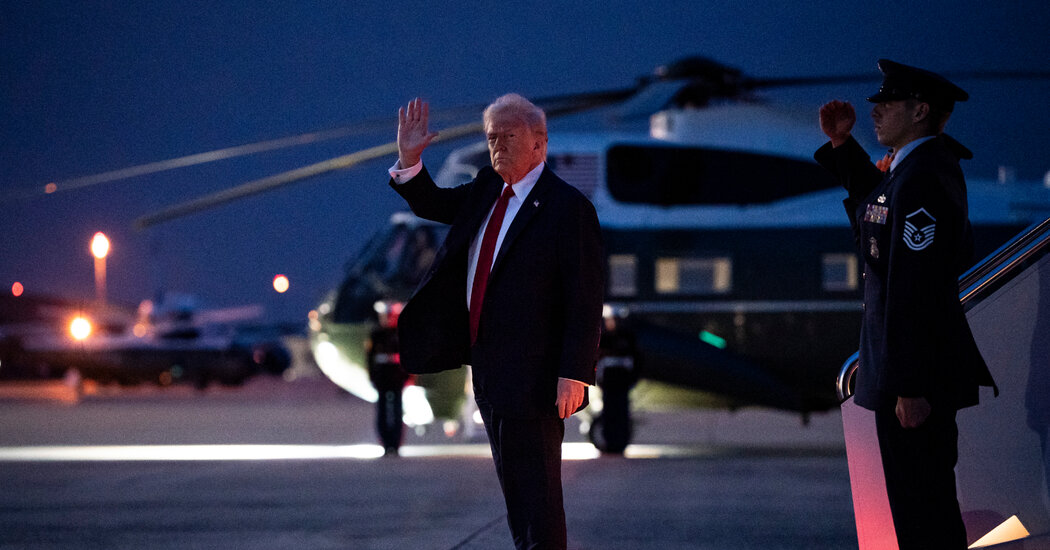The Shifting Alliances of Global Politics
The incoming Chancellor of Germany, increasingly convinced that the longstanding commercial and defense relationship with Washington is fracturing, has laid out plans to achieve his goal of “independence from the U.S.” He is not alone in this sentiment.
The newly appointed Prime Minister of Canada recently declared that “the old relationship we had with the United States”—once the closest of military and economic partnerships—“is over.” Meanwhile, the President of Poland is publicly contemplating the idea of acquiring nuclear weapons as a means of bolstering national security. Additionally, the new leader of Greenland, home to critical U.S. military bases since World War II, expressed outrage over an uninvited visit from a high-level American delegation.
“President Trump says that the United States will ‘acquire Greenland’,” Prime Minister Jens-Frederik Nielsen stated on social media. “Let it be clear: the United States will not acquire it. We do not belong to anyone else. We will decide our own future.”
These developments are just the tip of the iceberg, reflecting the fallout from President Trump’s threats to abandon NATO allies whose financial contributions he deems inadequate. His assertion that the European Union was designed to “screw” the United States, coupled with his attempts to expand U.S. territorial claims, has led to a wave of resistance across the globe.
In this climate of threats, alienation, and recrimination, anticipation builds as President Trump is expected to announce his tariffs on Wednesday, dubbed the “Liberation Day” tariffs.
The specifics of these tariffs remain unclear, which is one of the reasons why financial markets are currently in turmoil. Political leaders, too, are on edge, as Trump has made it evident that these tariffs will target adversaries such as China, as well as nations that were once considered some of the closest allies of the United States in defense and intelligence matters.




